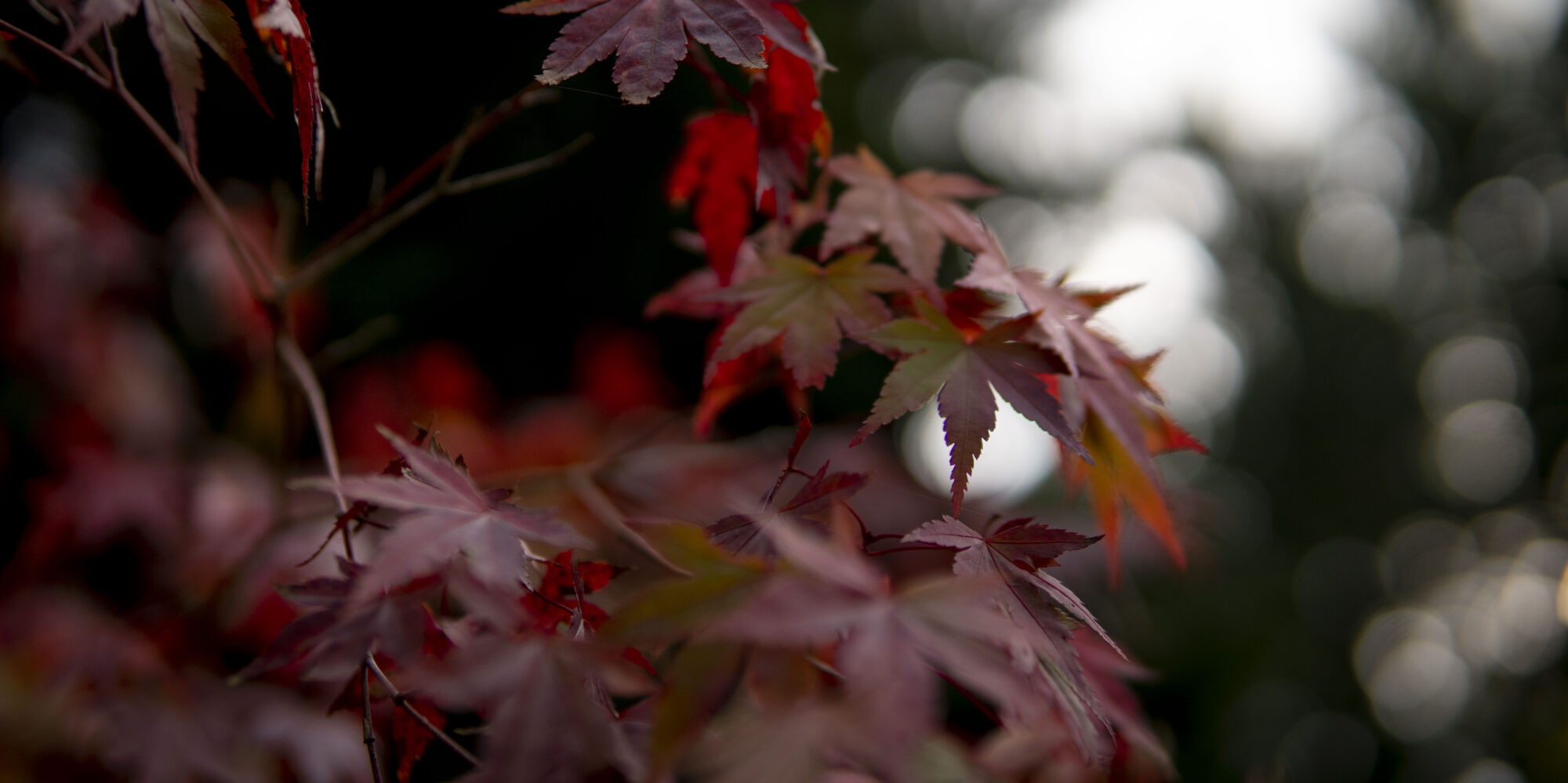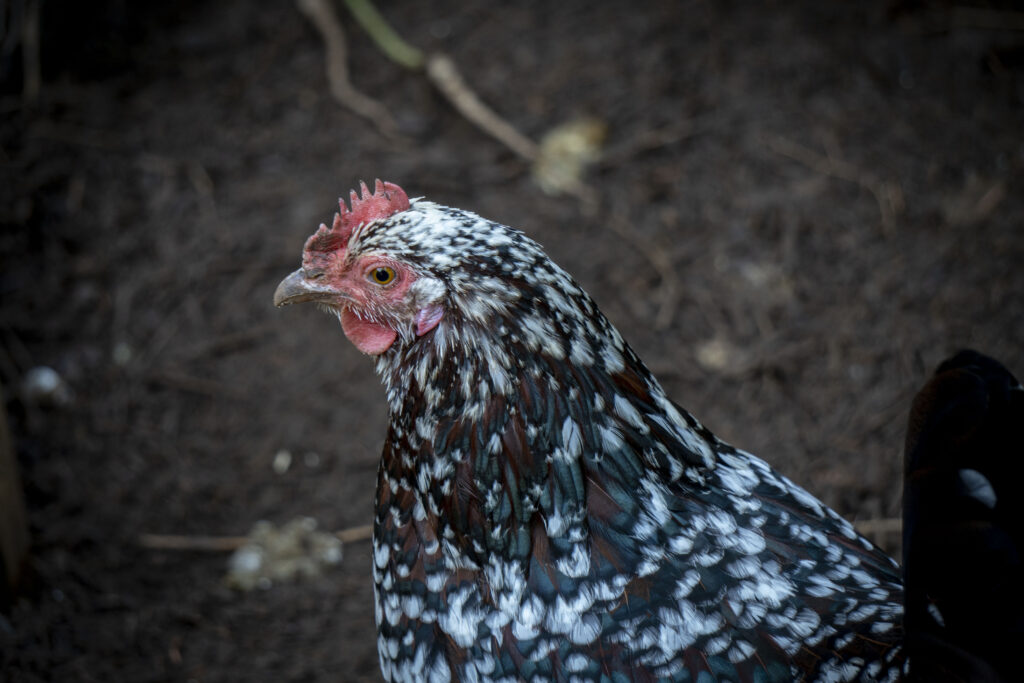I’ve always felt a little uncomfortable with the part of the Lord’s Prayer where it says, “…Give us this day our daily bread. And forgive our trespasses, as we forgive them that trespass against us. And lead us not into temptation, but deliver us from evil…” After a preamble that says a bunch of really nice stuff about how great and powerful God is, we then proceed to place a sandwich order and tell him how to do his job. While I think this describes the human condition pretty well, I have a hard time believing this is what Jesus would have intended with these words.
My youngest daughter is now two months old, and when she needs something she cries for it. I’ve just now started to notice variations in the cries, which signal that she needs different things. I know that her ability to express herself will become increasingly complex, yet even my four-year-old still has some translation issues when it comes to expressing her needs. She still instructs me to make her breakfast every morning, even though I’m going on five years of solid performance in that regard, and the more she cares about something, the more she repeats her questions and comments.
As a father, each time my children express a need and I meet it, it validates their trust in my ability to do so in the future. It teaches them that I’m listening, it imparts my understanding of the difference between desires and true needs, and it hones their senses of both interdependence and self-sufficiency. When I listen to them, I listen only partly for explicit instructions, but reserve most of my attention for their true emotional and physical state. So even when my daughter insists that I need to stay at work until she says I can come home, she’s really telling me how sad she is that she had to come home from preschool, and she needs me to support her.
I’ve come to understand that the Lord’s Prayer is a humble expression of our needs in the best sense we can make of them with our limited perspective. The vulnerability matters more than the words, and it is acknowledgement that no one else can truly understand or meet our real needs. As a father, I fail my daughters sometimes, and my father wasn’t perfect either. But I can see that even as now that I’m an adult with my own children, he still weighs my words and actions, strives to know me and understand me, and provides what he thinks is best from his own perspective. The Lord’s Prayer is really a map to a father’s heart, and I believe it’s the ideal that fathers are called to.
Happy Father’s Day!

